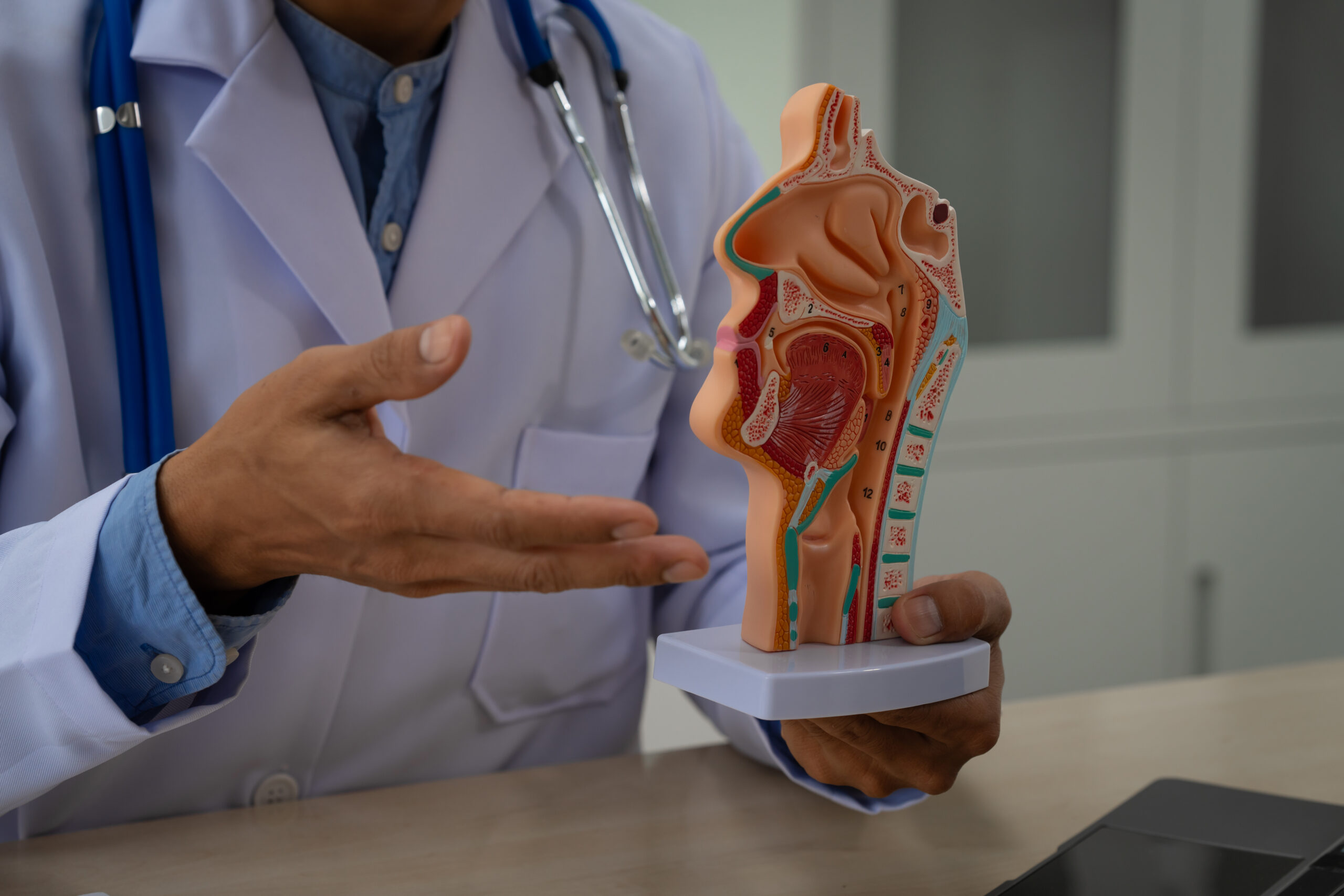Inflammation is part of your body’s natural healing process. Symptoms such as pain and soreness disappear as the injury heals. But when chronic inflammation occurs, your body’s immune system starts working overtime and the inflammatory substance meant to heal your body causes more harm than good.
Chronic inflammation can lead to debilitating health issues such as heart disease, diabetes and Alzheimer’s. In this article, we talked about the signs that you may be suffering from chronic inflammation. What can you do to better manage or even reverse the symptoms?
How to Reduce Chronic Inflammation
Eat Right
Our diet is one of the most important factors in helping us manage inflammation. Not only does eating the right foods help us reduce inflammation, consuming less of foods that cause inflammation in the first place is more than half the battle won.
Eat plenty of different coloured fruits, vegetables and whole grains. They are packed with anti-oxidants to help put out the fires in your body caused by inflammation.
Increase intake of Omega 3s. Found in oily fish, nuts and seeds, they contain fatty acids that can reduce the risk of inflammation.
Limit processed foods. Fast food, fried foods, processed meats and sugary foods and drinks are some of the main culprits of inflammation. A simple rule of thumb when reading food labels: If you can’t pronounce most of the ingredients, DON’T EAT IT.
Sleep Right
Getting the right amount of sleep consistently can help avoid low-grade systemic inflammation. Adults should target between 7-9 hours of sleep every night as just one night of poor sleep can spike inflammation!
Research has also shown that sleep apnea (pauses in breathing when asleep) is linked to chronic inflammation. The falls in oxygen level and repeated waking can lead to inflammation of the cardiovascular system and heart diseases. See a doctor to seek treatment for sleep disorders.
Manage Stress
It may not come as a surprise that stress is a trigger for inflammation. When faced with a stressful situation, our “fight or flight” response kicks in, in the same way we respond to the physical threat or a harmful pathogen. When stress increases blood pressure and heart rate, your blood vessels are damaged from the prolonged and increased pounding. If that damage happens again and again, the inflammation persists.
Stress is often unavoidable, but doing something that you enjoy or that takes away the stress momentarily such as sports, video games, or yoga and meditation can reduce inflammation
Regulate your weight
Body fat releases inflammatory proteins. The more body fat you have, the greater your chance of chronic inflammation. Losing excess weight by eating a sensible diet with moderate exercise can also help if you are already experiencing pain in the joints due to arthritis.
Chronic inflammation is largely affected by our lifestyle choices.







